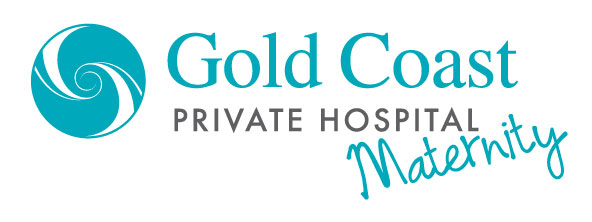There are some elements of childbirth that movie producers decided weren’t “nice” enough for the big screen…vernix is one of those things.
For this reason, many of us are used to seeing newborn babies handed to their doting mother and father sparkling clean. In reality, most babies are born with a waxy white coating – the vernix caseosa – that doesn’t look particularly “nice”, but that plays an important role in the health of your baby.
What is it?
Vernix caseosa (aka ‘vernix’) is a creamy, white, cheese-like film consisting of almost 80 per cent water that covers the skin of the fetus during the last trimester of pregnancy and is still present at birth.
It is a naturally occurring coating that has numerous functions before, during and after birth, including protecting your new baby’s skin and helping them to adapt to life outside the womb.
What are the benefits?
There are various studies into the benefits of the vernix, some of which include:
- Protecting the skin from excessive water exposure during development
- Lubrication of the birth canal
- Temperature regulation
- Innate immunity
- Providing defence against bacterial infections
- Antioxidant, moisturising and wound healing properties
- Aiding in good gut health
Should I wash it off?
Until recent years, it was common practice to wash babies as soon as they were born. Today people are changing this way of thinking and more and more are choosing not to wash, or even wipe newborns straight after birth. This practice is particularly popular in home birthing but also in many hospitals, including Gold Coast Private, where we follow the World Health Organisation (WHO) recommendation of waiting at least 6 to 24 hours before bathing your baby.
Not only does this give your baby time to absorb the benefits of the vernix, it also allows for more skin-to-skin contact between Mum and Bub in the hours after birth – which is the perfect time to rub some of that amazing natural ‘body butter’ into your baby’s skin!
While most of the vernix is absorbed in the 24 hours after birth, some may still be present in the days to follow. For this reason, some families decide to delay bathing for longer – some up to a week – a preference that Gold Coast Private Maternity happily supports in most circumstances, unless there is are risks arising from meconium staining or chorioamniotitis; or if Mum has hepatitis or is HIV Positive.
Ultimately, the decision is up to you but with the research available today, and the recommendation from the WHO, Gold Coast Private Maternity suggests leaving the vernix on your baby’s skin for at least 24 hours.
Further reading:

